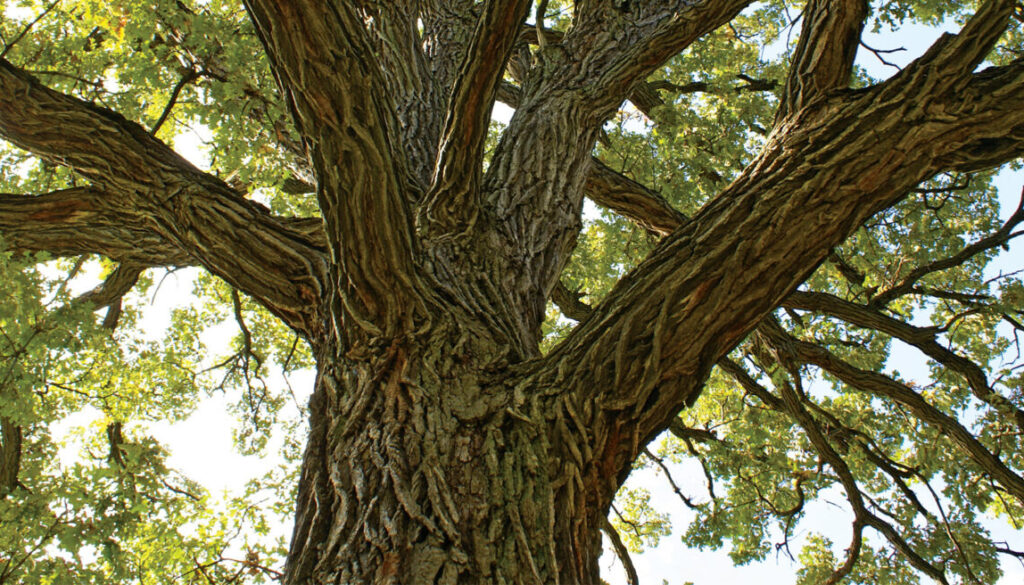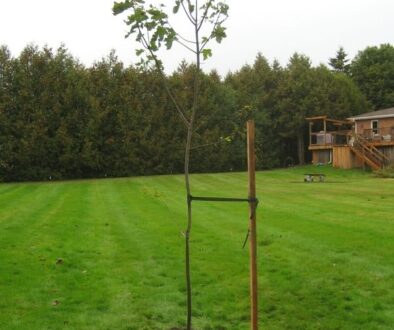7 Advantages of Trees
7 Advantages of Trees
Trees are much more than just elements of the natural landscape; they provide numerous benefits that enrich our lives and strengthen our communities. While some advantages of trees are widely recognized, others may come as a surprise. Here are 7 Advantages of Trees:
1. Trees Improve Air Quality and Save Lives
The positive impact of trees on air quality is well-known, yet their direct effect on our health is often underestimated. Scientific studies, such as those published in the Journal of Preventative Medicine, indicate that neighborhoods lacking trees may experience increased mortality rates related to cardiovascular and lower-respiratory-tract illnesses. To illustrate the power of trees, the U.S. Department of Agriculture reports that a single acre of forest can absorb six tons of carbon dioxide and release four tons of oxygen annually. This amount of oxygen is sufficient to meet the yearly needs of eighteen people.
2. Trees Protect and Filter Water Supplies
Forested areas play a vital role in maintaining clean water. According to the USDA Forest Service, trees help prevent sediment and harmful chemicals from contaminating streams. Remarkably, trees in our forests are responsible for filtering and storing nearly two-thirds of the United States’ water supply.
3. Trees Enhance Property Value
The beauty of trees is universally appreciated, and this aesthetic appeal often influences real estate values. Research demonstrates that the presence of trees can positively affect the perception of homes on the market, leading to increased property values.
4. Trees Support Mental and Physical Wellbeing
Experiencing nature has tangible mental and physical health benefits. Studies have found that individuals who spend time around trees or have views of greenery recover more quickly from illness. For example, hospitalized patients who could see trees from their windows spent eight percent less time in the hospital compared to those without such views.
5. Forests Generate Employment
Forests are not only ecological assets but also economic drivers. The U.S. Forest Service reports that visitors to National Forests spent nearly $11 billion in 2012, supporting approximately 190,000 jobs across the country. This figure reflects the significant employment impact of National Forests alone.
6. Trees Help Regulate Temperature
Trees provide shade and serve as natural windbreaks, helping to moderate temperatures in and around homes. In summer, their shade keeps homes cooler, while in winter, sunlight reaches buildings after the leaves have fallen, maintaining a comfortable temperature range throughout the year.
7. Trees Prevent Flooding and Erosion
Trees possess the remarkable ability to absorb substantial amounts of water, reducing the risk of flooding. In addition, their roots stabilize soil and prevent sediment runoff, protecting our communities from erosion and water damage.
In summary, trees are essential for sustaining life and enhancing its quality. They contribute to our health, happiness, property values, employment opportunities, and environmental stability.
Contact Johnson Ops Tree Care
If you are considering adding a new tree to your yard, contact Johnson Ops Tree Care to arrange a tree consultation or visit our nursery to explore our selection of Legacy Trees.




